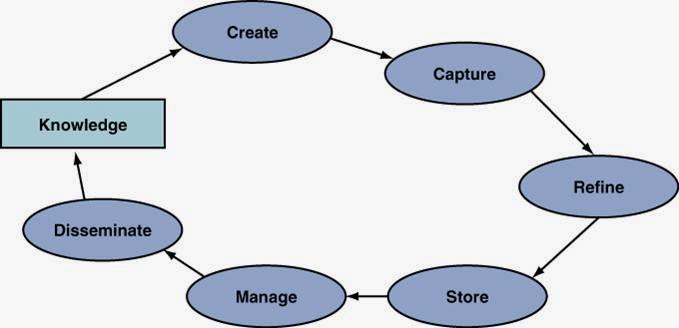Stakeholders refers to those individuals or a group who has vested interest in the outcome or the results of the body of a work in an organisation. The term “stakeholder engagement” is budding as a means of describing a broader, more inclusive, and continuous process. It takes place between the company and the potentially impacted stakeholders that encompasses a range of activities, approaches and, the entire span of a project. The change that is likely to occur reflects the broader change in the business and financial worlds. It increasingly recognizes the business and reputational risks that may occur as a result of poor stakeholder relations.… Read the rest
Modern Management Concepts
Concept of Resource Based View (RBV)
The resource based view is defined as a business management tool utilized to know the strategic resources available to firm. The basic principle of the resource based value is that the basis for a competitive advantage of a company lies primarily in the application of the group of valuable resources at the firm’s disposal. In order to change a short-run competitive advantage into a maintained competitive advantage requires that these resources are heterogeneous in nature and not perfectly mobile. In other words, this will change into valuable resources that either perfectly imitable or substitutable without great effort. If these conditions are remained, the company’s group of resources can help the firm sustaining above average returns.… Read the rest
The Toyota Way Philosophy
Japanese quality movement was a miracle and created world-class products. All these methodologies and concepts developed these quality gurus for internal process and quality improvement crisis are still practiced in various companies. These have become universal approach to improve the quality and manage performance crisis. Quality gurus created work culture and dedicated teams, which developed Japanese production systems through group activities. Toyota Corporation developed a new philosophy to create major change in manufacturing systems and delivered world-class products with internal benchmark for quality of vehicles. In reality, Toyota changed external business environment for competitors and created a long-lasting impact on automobile industry.… Read the rest
Background of Lean Manufacturing
Lean is a philosophy that spurred from the Toyota Production System (TPS). TPS was created by Toyota’s founder Sakichi Toyodo, Kiichiro Toyoda, and Taiichi Ohno. Much of TPS was also influenced by W. Edwards Deming’s statistic process control (SPC) and Henry Ford’s mass production lines. However, the Japanese were not impressed with Ford’s approach because it was filled with over-production, lots of inventory, and much waiting. Toyota identified these weaknesses in Ford’s production line and adapted the production line to create a more productive and reliable production line. TPS and lean also use just-in-time inventory where only small amounts of inventory were ordered and very little inventory was left waiting in the production line.… Read the rest
Knowledge Management Cycle
In today’s business scenario where there is lot of competition, only source of lasting is Knowledge. It is argued that knowledge management is a necessity due to changes in the environment such as increasing globalization of competition, speed of information and knowledge aging, dynamics of both product and process innovations, and competition through buyer markets. Knowledge management promises to help companies to be faster, more efficient, or more innovative than the competition. Also, the term ‘‘management” implies that knowledge management deals with the interactions between the organization and the environment and the ability of the organization to react and act
Various researchers then gave the various definitions on Knowledge Management and still it’s the buzzword today.… Read the rest
Business Intelligence (BI)
Business Intelligence is the process of discovering and analyzing data to make informed business decisions. The management in any business needs this aspect of management as part of the companies integral infrastructure in today’s world in order for the business to succeed. The data collected from many of the data collecting sources is used to determine trends, or measure, manage and improve on the performances of individuals, processes, teams and business units. The enterprise refers to any business organisation that uses computers as an integral part of their business and relies on it for that businesses development.
The History Of Business IntelligenceThe term Business Intelligence was coined by the Gartner group in mid-1990s.… Read the rest


